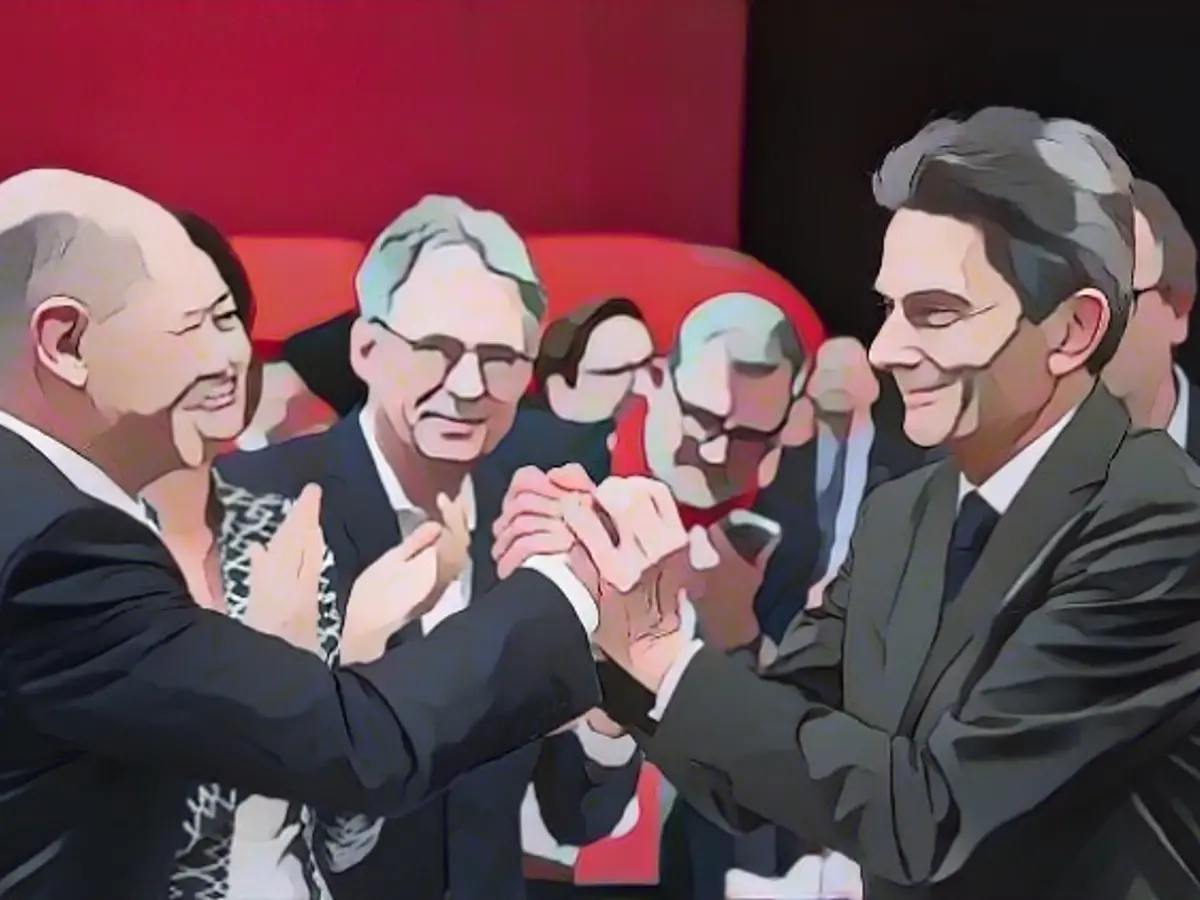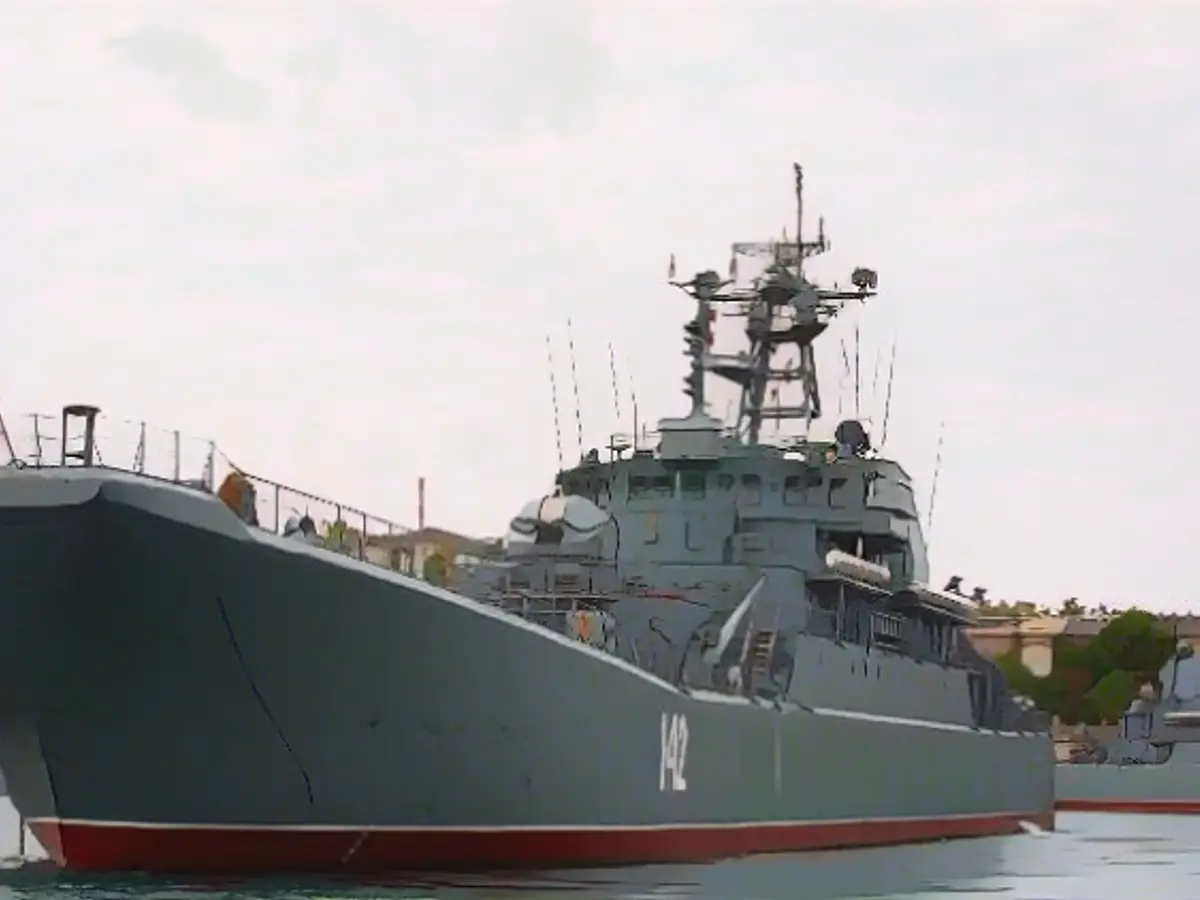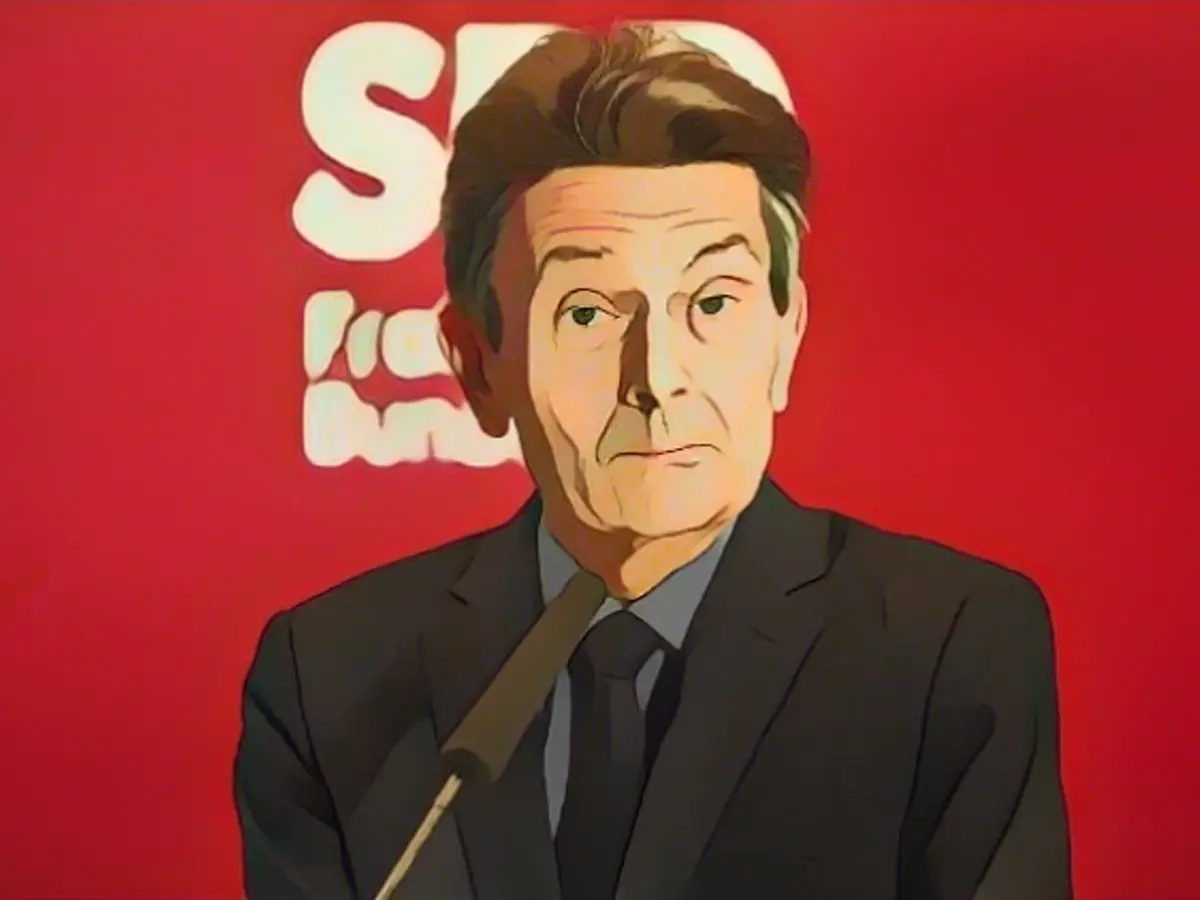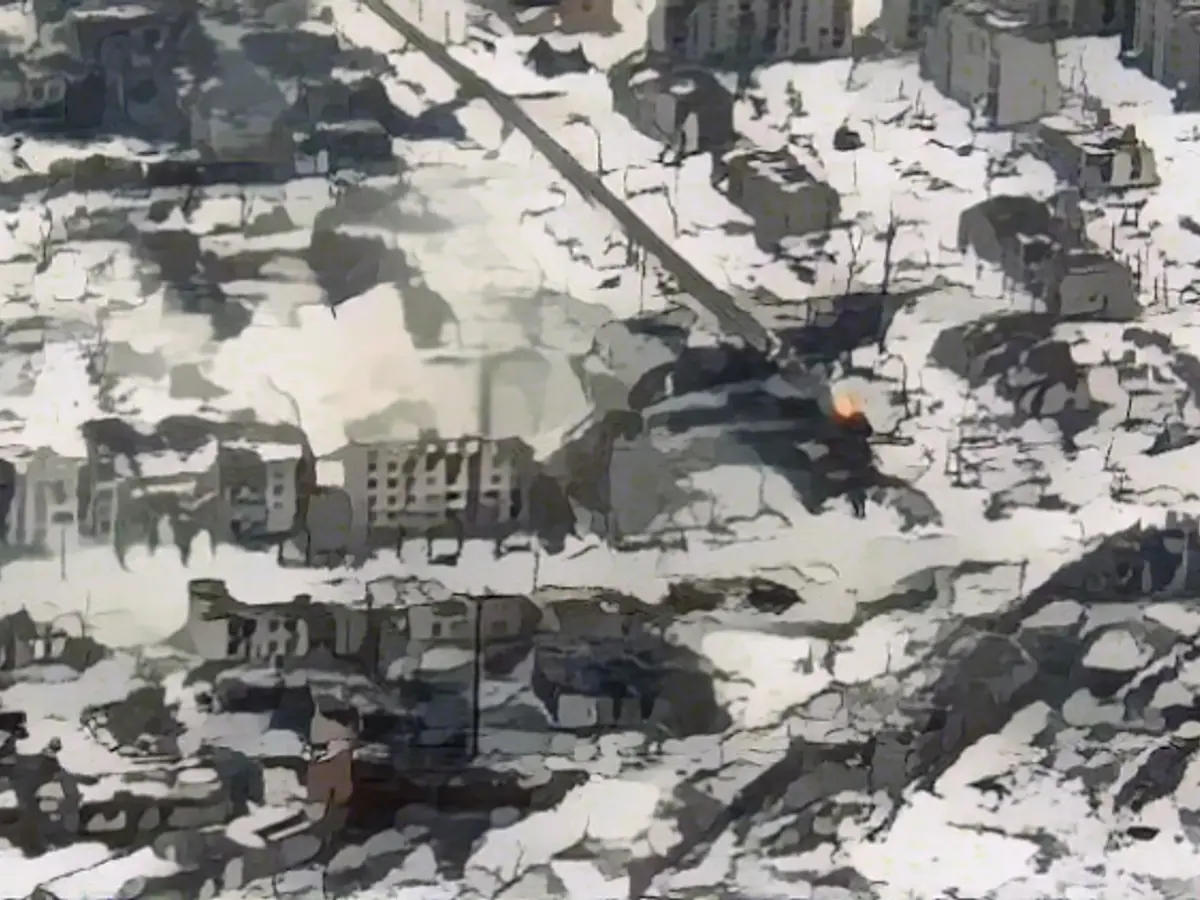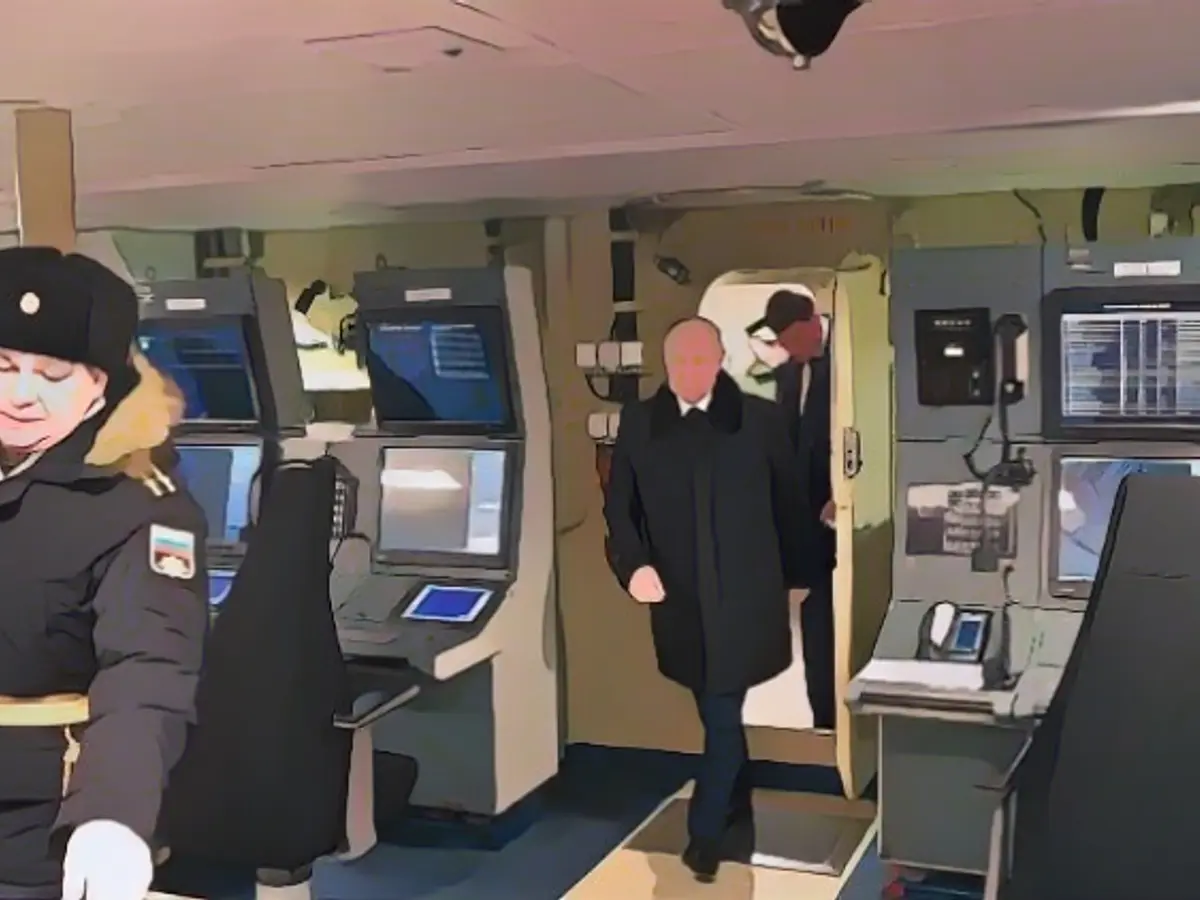Peace, Joy, SPD: A Different Perspective
Ring those alarm bells louder than ever, folks! After Putin's declaration that Russia has no intention of meddling with any NATO nation, the uneasiness surrounding Russia's actions towards Ukraine should raise concerns, especially considering Putin's previous remarks about the country. Yet, the Social Democrats insist on clinging to pacifist ideals, even as they criticize politicians who dare to stand up against Russia.
In February 2022, Olaf Scholz delivered a speech that marked his emergence as a possible great leader. Following Putin's aggression, he declared, "Our standard is to ensure what is needed for peace in Europe will be done." This commitment was later overshadowed by Germany's delay in delivering critical military equipment to Ukraine while Scholz remained silent, justifying his actions with vague reasons.
The Strategic Shift
At the heart of the debate lies the question of whether there is a strategy behind Scholz's approach or if he's simply shying away from Putin's threats. With Russia creating a "Leningrad military district" close to the Finnish border, the warning signs seem clear about Putin's intentions. But Scholz and the SPD yet to articulate a clear stance on what Ukraine might offer to induce Putin to end the conflict.
The SPD's Pacifist Stance
At the recent SPD conference, Rolf Mützenich expressed his support for Scholz's decision to have allegedly secured the promise from China that nuclear weapons should not be utilized in warfare. However, it's important to note that China is unlikely to be in a position to exert influence over Putin's nuclear policy. Mützenich's comments do point towards the SPD's intention to pursue diplomatic avenues, but the lack of concrete measures remains a concern.
The Misguided Pacifist Dream
Condemning Scholz's strategy as wishful thinking ignores the fact that Germany still boasts a powerful economy that is interconnected with the rest of the world. This complexity means Germany cannot engage in an all-out military confrontation without entering into a distressing global economic crisis. That said, it is crucial for Germany to find a balance – investing in defense and maintaining international relations.
In conclusion, the desperate need is to engage constructively with Russia while being mindful of its threats. The SPD's stance on this matter, however, has left many questioning the soundness of its approach to tackling the challenges that Russia presents to European security.
Reading Further
- With Putin's statements regarding Russia's intentions, it is crucial to be wary of Russia's actions in Ukraine and beyond.
- Despite SPD leaders like Matthias Miersch and Rolf Mützenich expressing support for increased defense spending, Germany is yet to demonstrate a genuine commitment to strengthening its military capabilities and facilitating peace in Europe.
- Confirming the complex nature of international security and diplomacy, observers note that the security situation in Europe will only be improved by careful consideration of political, military, and economic factors.
Source:
Enrichment Data:
Germany has been grappling with adjusting its defense budget and military capabilities to better protect itself and its European allies in the face of potential threats like Russia. Below are some key developments:
- Defense Spending Increase:
- In order to modernize the German army and navy, the German government plans to allocate more than 2% of its GDP for defense expenditure.
- NATO Commitment:
- Germany faces criticism for not meeting its NATO commitments, particularly regarding the allocation of defense funds. Germany's NATO partners have expressed concern that the country falls short of contributing its fair share to the alliance.
- European Defense Cooperation:
- The EU has called for more cooperation between European nations in defense, and Germany has participated in some of these initiatives. Germany has been one of the main supporters of the European Defense Fund, which aims to encourage collaboration on defense projects across EU member states.
Political Parties' Stances
Christian Democratic Union (CDU) and Christian Social Union (CSU):
- Markus Söder, the leader of the CDU/CSU parliamentary group, has advocated for increasing Germany's defense budget and enforcing a minimum contribution from EU members towards defense spending, mirroring calls from the U.S. and other allies.
Social Democratic Party (SPD):
- Olaf Scholz, the German Chancellor, has emphasized the importance of maintaining Germany's defense while being mindful of the country's economic interests. He aims to increase defense spending while preserving Germany's commitment to external assistance and international cooperation.
Free Democratic Party (FDP):
- Christian Lindner, the leader of the FDP, has called for a more aggressive defense posture for Germany. He argues that Europe should not rely on the United States as the primary guarantor of security but instead develop its military capabilities further.
Green Party:
- Annalena Baerbock, Germany's Green Party's candidate for Chancellor, promotes a strong European defense force while advocating for diplomatic and peaceful solutions to conflicts.
In summary, Germany's defense and rearmament efforts are aimed at strengthening the country's military capabilities and addressing potential threats such as those posed by Russia. The country is committed to working in collaboration with its EU partners to build a collective defense system. The political parties in Germany have varying views on defense spending and foreign policy, reflecting the country's diverse political landscape and its complex international relations.
